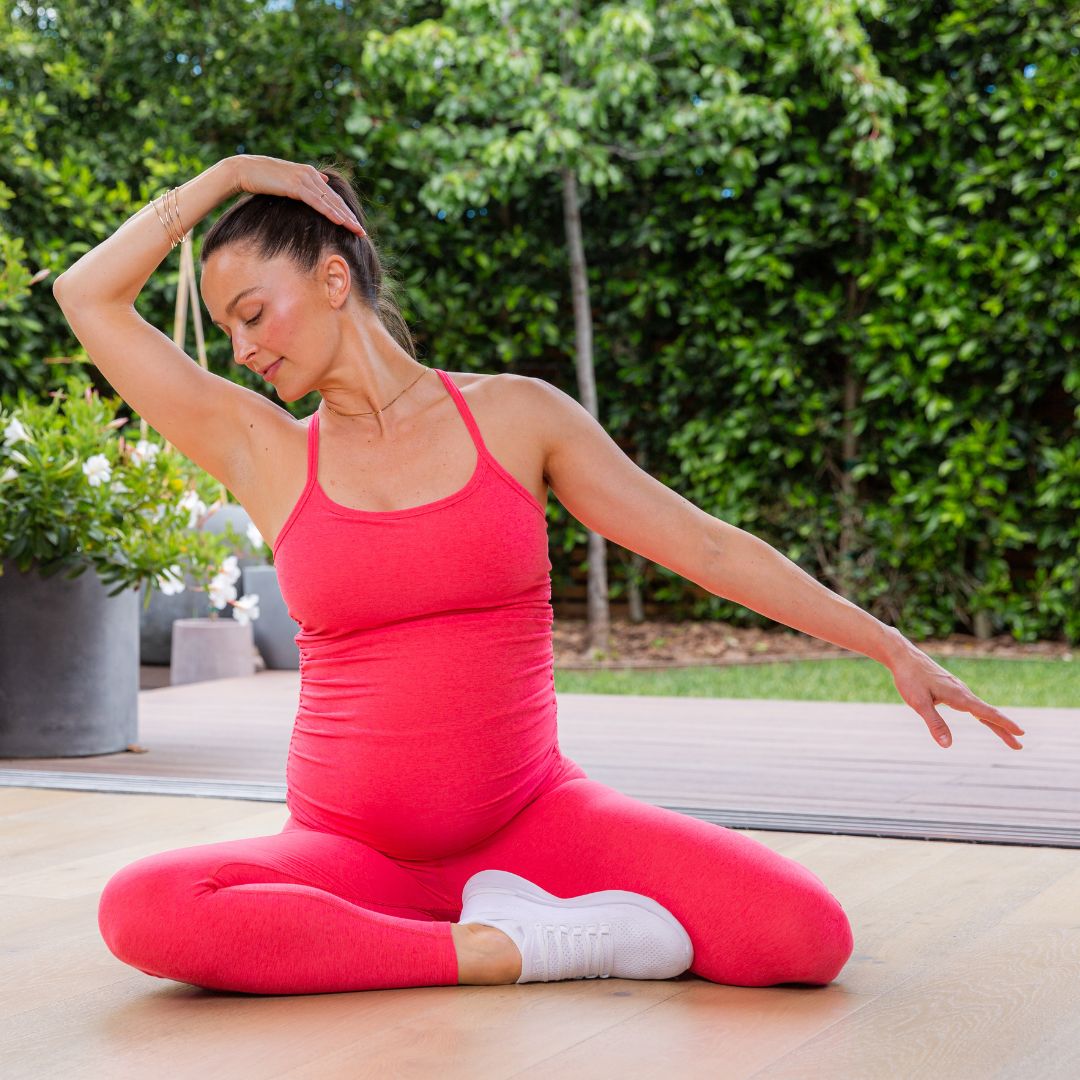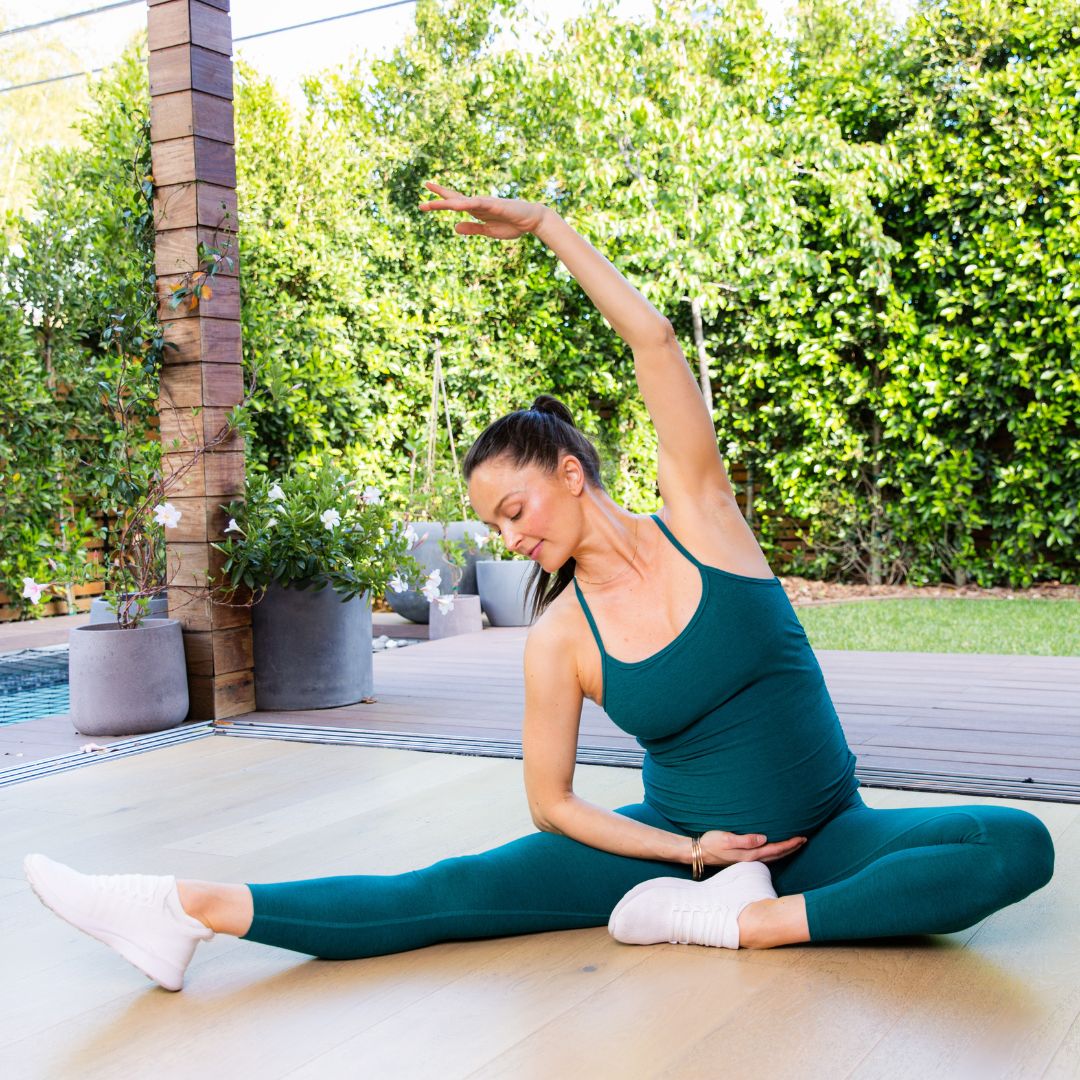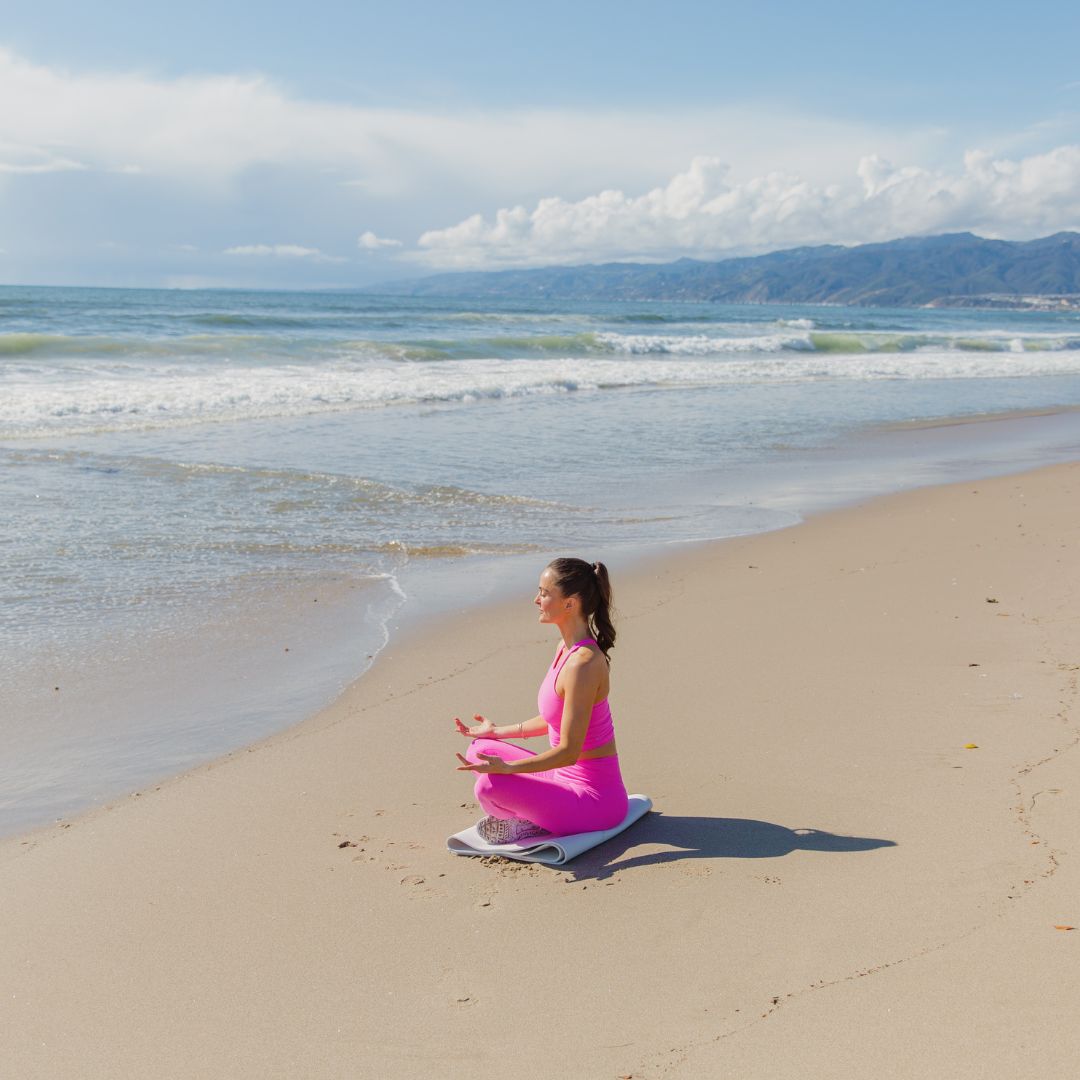
Exploring Different Types of Meditation: Which Practices Are Right For You?

Body Scan Meditation: Promoting Relaxation and Body Awareness
Breath Awareness Meditation: Calming the Mind and Body


Loving-Kindness Meditation: Cultivating Compassion and Connection
Mindful Walking: Combining Movement and Meditation for Stress Relief


Benefits of Regular Meditation Practice for Long-Term Stress Relief
NEW WORKOUTS EVERY WEEK
Try The Sculpt Society Free For 7-Days
Get access to 1,000+ workout videos, anytime, anywhere on all your favorite devices.

Continue Reading









